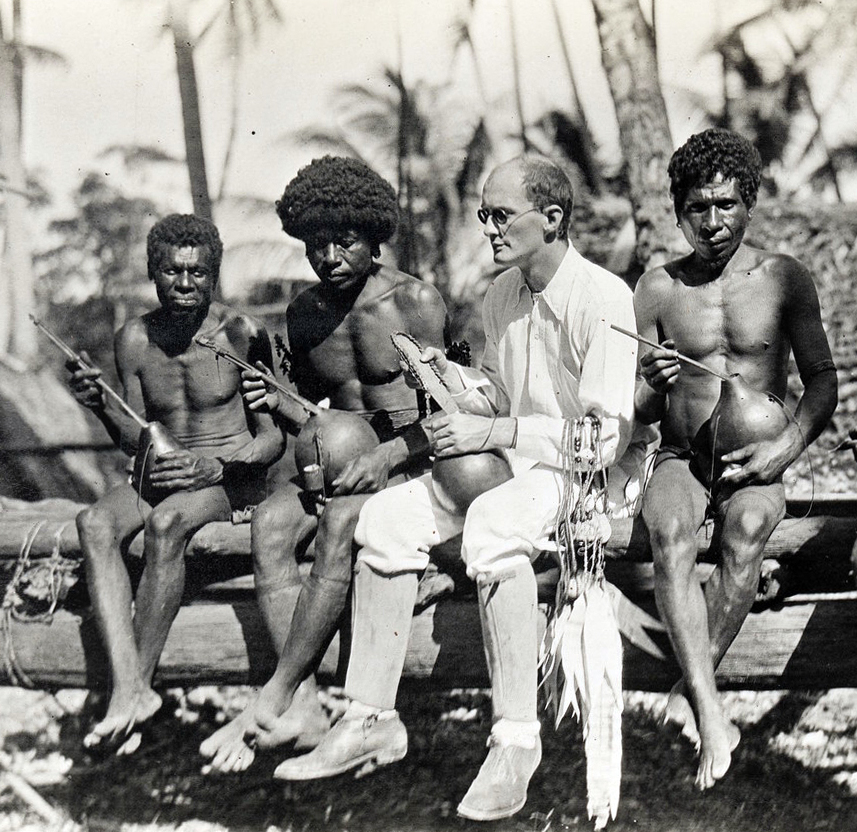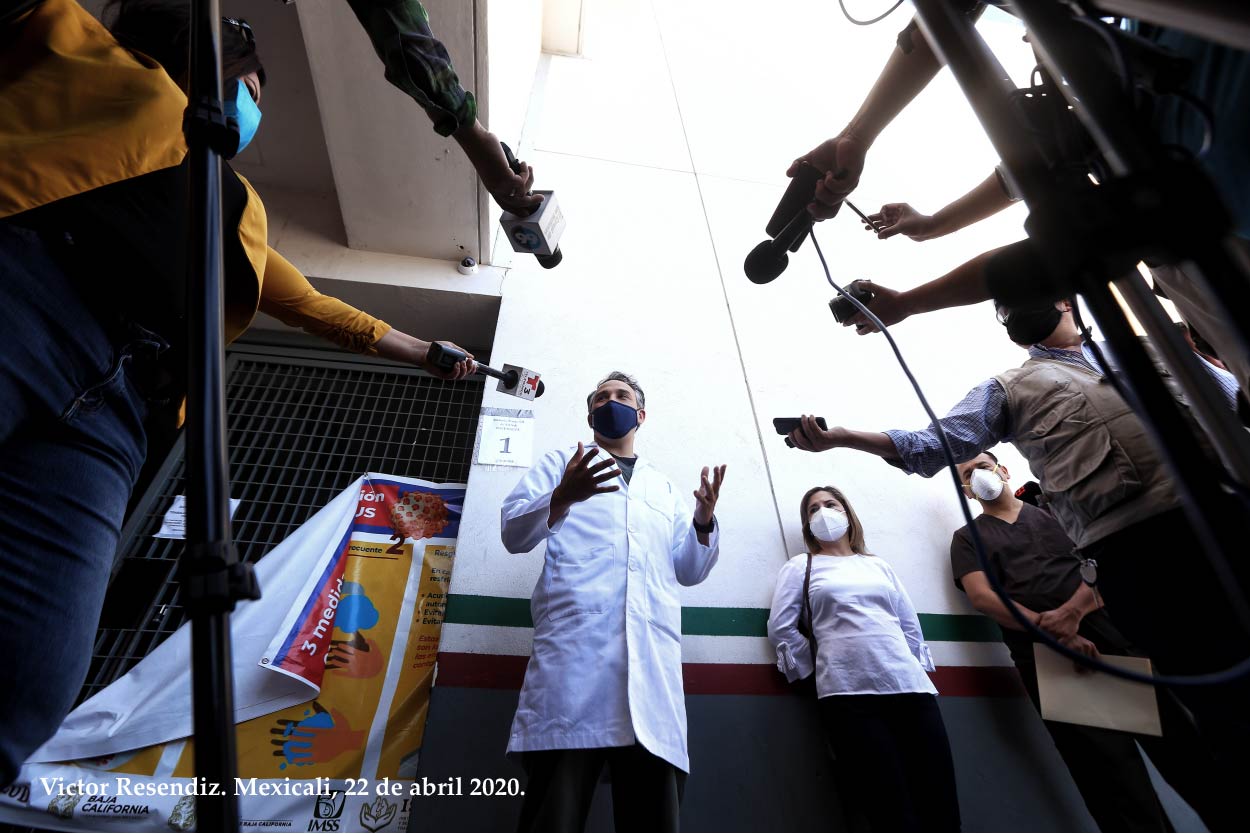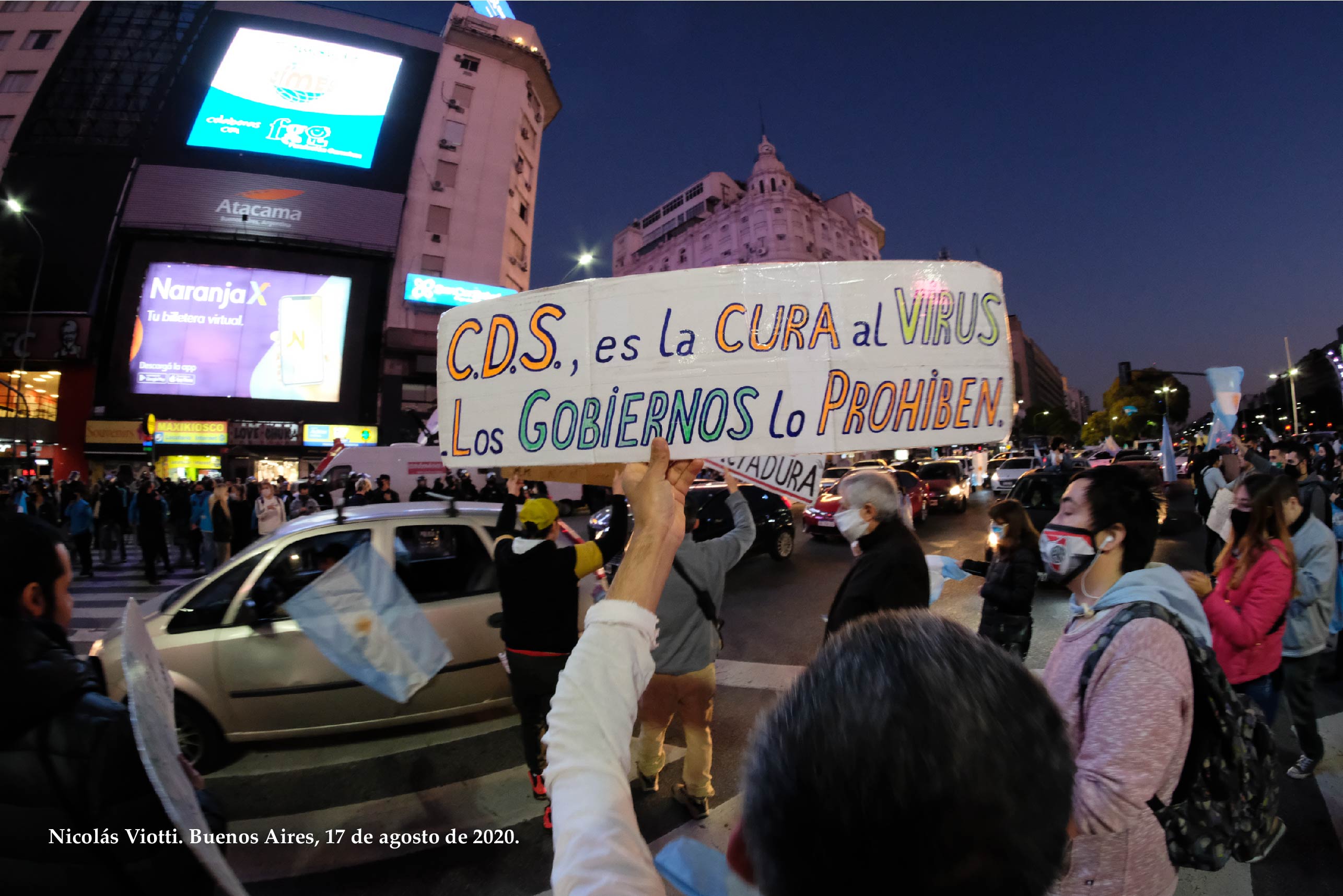home » Discrepant
Discrepant
Discrepancias
Vol 8 No 16 (2025)

Holistic well-being or cultural extractivism? Who decides? Questions on the consumption of psychedelic substances and their territorial impacts in Latin America.
- Ezequiel Alí Cortina Bello
- John Scuro
- Sarai Piña Alcántara
- moderator Frances Paola Garnica Quiñones
The massive consumption of psychedelics has intensified debates about their impacts on indigenous communities in Latin America. As globalization drives the commercial and therapeutic use of sacred plants, tensions are generated between Western holistic wellbeing and the preservation of indigenous cultural heritage. This text examines how psychedelic extractivism de-territorializes plants and ancestral knowledge, creating new markets that transform traditional relationships with these beings considered political-spiritual agents by native peoples.
Discrepancias
Vol 8 No 15 (2025)

Palestine as seen from Latin America
- Brenda Carranza
- Damian Setton
- Marlene Hernández Morán
- Moises Garduño
- Nicolas Panotto
- moderator Arely Medina
Debate on how the Palestinian situation is perceived from different Latin American perspectives. Experts from Mexico, Brazil, Chile and Argentina reflect on the current Israeli occupation in Palestine, analyzing the political, social, religious and student reactions in the countries of the region. The influence of Christian Zionism, pro-Palestinian mobilizations and geopolitical dynamics that shape the understanding of this conflict in Latin America are addressed.
Discrepancias
Vol 7 No 14 (2024)

The relevance of Marcel Mauss's essay on gift
- Marcos P. D. Lanna
- Renata de Castro Menezes
- moderator Marcelo Camurça
For Mauss, the gift encompasses innumerable phenomena, but, more than a phenomenon, he considers it a relationship. They are goods, words, people, visits, parties, music, gestures, violence, signs, among other significant realities, which may or may not circulate as commodities, from which, once given, emanate some forms of retribution; they are "obligations," says Mauss.
Discrepancias
Vol 7 No 13 (2024)

From where to think and subvert the Anthropocene? Latin American thought and alternative anthropocenes.
- Anthony Goebel Mc Dermott
- Eleonora Rohland
- Yolanda Cristina Massieu Trigo
- moderator Susana Herrera Lima
The Anthropocene, as a concept and framework for thinking and producing knowledge on contemporary issues, has given rise to multiple debates on the validity and scope of its proposals. The natural and Earth sciences debate whether or not it is a new geological era, in which the intervention of the human species would have a primordial role; however, other debates arise from the social sciences and humanities.
Discrepancias
Vol 6 No 12 (2023)
Perspectivism: a theory from the point of view of otherness?
- Gabriel Luis Bourdin
- Olivia Kindl
- moderator Arturo Humberto Gutiérrez del Ángel
Keywords: otherness, ontological turn, Perspectivism, Philippe Descola.
For some, perspectivism is a revolution in anthropological thought, while for others it is not a theory, but rather an ideology forged by bringing into the arena of discussion old, unearthed and outdated paradigms that were long ago superseded.
Discrepancias
Vol 6 No 11 (2023)

Activisms and Biomedical Narratives on Gender and Sexuality
- Maria del Rosario Ramirez Morales
- Mónica Cornejo-Valle
- Rafael Cazarin
- moderator Cecilia Delgado-Molina
Sex has been problematized and is no longer considered only a biological phenomenon, to give way to the discussion on sexuality and to make the body visible as the space where meaning-producing relationships materialize.
Discrepancias
Vol 5 No 10 (2022)

The Religious and/or Spiritual Matrices of the Conspiracy Theories in Times of COVID-19
- Enriqueta Lerma
- Hugo H. Rabbia
- Mar Griera
- Rodrigo Toniol
- moderator María Eugenia Patiño
- moderator Olga Odgers
The covid-19 pandemic and the confinement it brought with it led the whole world to seek new ways of organizing daily life. They also imposed the need to rethink the way we relate to nature and the meaning of our individual, social and species existence.
Discrepancias
Vol 5 No 9 (2022)

Debates on Cultural Heritage and the Commercialization of Collective Expressions
- Aura Cumes
- Jesús Antonio Machuca Ramírez
- Suely Kofes
- Xóchitl Eréndira Zolueta Juan
- moderator Rachel Barber
In the last decade, a wave of accusations has been launched against brands and companies for using cultural elements of indigenous groups. In Mexico, several cases have had considerable resonance: the complaint by the Mixe community of Tlahuitoltepec against the French company Isabel Marant for copying its Xaam nïxuy blouse; the protest by the Secretary of Culture, Alejandra Frausto, against the fashion house of Carolina Herrera for the use of embroidery from Tenango de Doria and the sarape from Saltillo; and on three different occasions the fashion clothing company Zara has been accused of plagiarism for using designs from Aguacatenango, Chiapas.
Discrepancias
Vol 4 No 8 (2021)

Pandemic, Year 2. Different Experiences, Shared Dilemmas and Multiple Reflections from Medical Anthropology Around Covid 19
- Mark Nichter
- Rosa Maria Osorio
- Sahra Gibbon
- moderator Lina Rosa Berrio
- moderator Paola Maria Sesia
We have invited three specialists from the field of medical anthropology to reflect on their respective experiences and knowledge of Mexico, Great Britain, the United States and India, all of them countries deeply affected by the pandemic, even if in very different ways, and whose management of the pandemic has been oriented in different directions. This allows us to contrast the diversity of official responses to the health and economic crisis.
Discrepancias
Vol 4 No. 7 (2021)
Impact of open science on the development of social sciences in Latin America
- Annel Mejías Guiza
- Fernando Garcia Serrano
- Norma Raquel Gauna
- moderator Roberto Melville
Keywords: Latin America.
The social sciences in Latin America have received numerous impulses for their development from the hegemonic countries. Research expeditions, teacher training, the dissemination of books and magazines provide feedback on the relationship between the center and the periphery. In our region, the social sciences have developed confined within the borders of each country. This can be confirmed by looking at the topics and titles of theses, articles and books produced in Latin American countries. However, lasting links at the horizontal level have been built through the exchange of professors and students and the activities of the congresses, and lately on the pages of electronic journals. In this section of Discrepancies we will explore what role fostering open science has to play in the social science locale.






